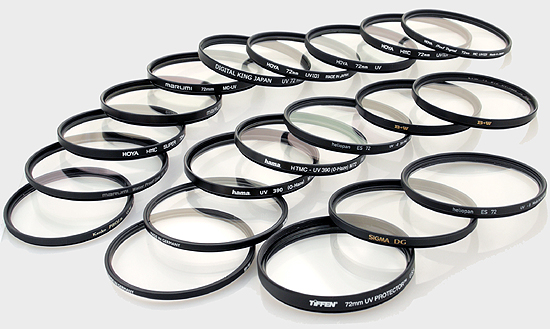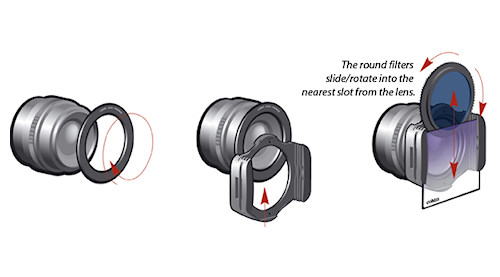I have no idea. I've never used a Nikon brand filter. In general though I do believe that you get what you pay for with filters. It just doesn't make sense to me to invest in a high end lens then put a $40 UV filter in front of it. In general I do believe higher end filters use better glass.Stupid question but does the more expensive Nikon UV filters provide more benefit to the cheaper ones.
As for lens protection, I do believe filters help. The one time I did real damage my system due to a drop, the camera and filter were heavily damaged. The lens came through fine. The same may have happened without the filter, but I hate lens hoods, and wasn't using one at the time. I do use a protection filter much of the time.



